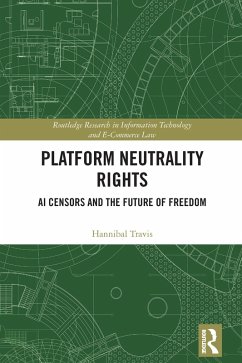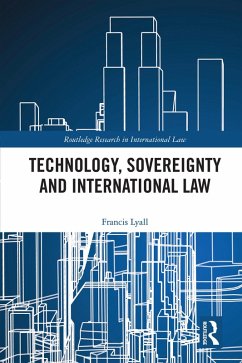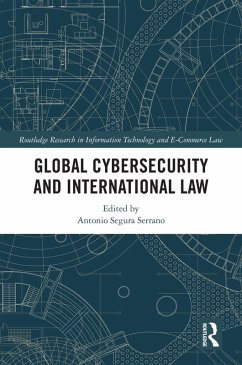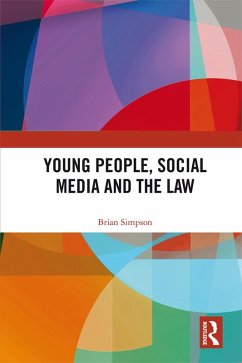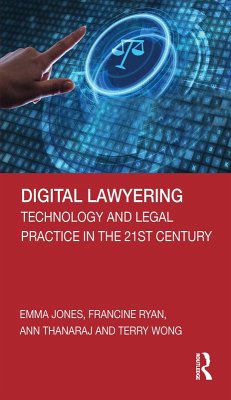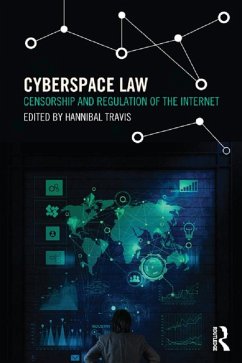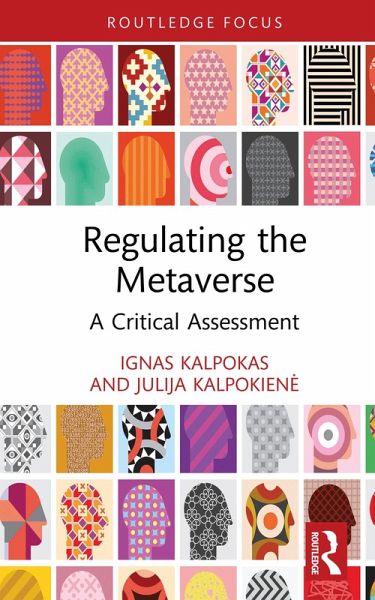
Regulating the Metaverse (eBook, ePUB)
A Critical Assessment
Versandkostenfrei!
Sofort per Download lieferbar
19,95 €
inkl. MwSt.
Weitere Ausgaben:

PAYBACK Punkte
10 °P sammeln!
The metaverse seems to be on everybody's lips - and yet, very few people can actually explain what it means or why it is important. This book aims to fill the gap from an interdisciplinary perspective informed by law and media and communications studies. Going beyond the optimism emanating from technology companies and venture capitalists, the authors critically evaluate the antecedents and the building blocks of the metaverse, the design and regulatory challenges that need to be solved, and commercial opportunities that are yet to be fully realised. While the metaverse is poised to open new p...
The metaverse seems to be on everybody's lips - and yet, very few people can actually explain what it means or why it is important. This book aims to fill the gap from an interdisciplinary perspective informed by law and media and communications studies. Going beyond the optimism emanating from technology companies and venture capitalists, the authors critically evaluate the antecedents and the building blocks of the metaverse, the design and regulatory challenges that need to be solved, and commercial opportunities that are yet to be fully realised. While the metaverse is poised to open new possibilities and perspectives, it will also be a dangerous place - one ripe with threats ranging from disinformation to intellectual property theft to sexual harassment. Hence, the book offers a useful guide to the legal and political governance issues ahead while also contextualising them within the broader domain of governance and regulation of digital technologies.
Dieser Download kann aus rechtlichen Gründen nur mit Rechnungsadresse in A, B, BG, CY, CZ, D, DK, EW, E, FIN, F, GR, HR, H, IRL, I, LT, L, LR, M, NL, PL, P, R, S, SLO, SK ausgeliefert werden.







